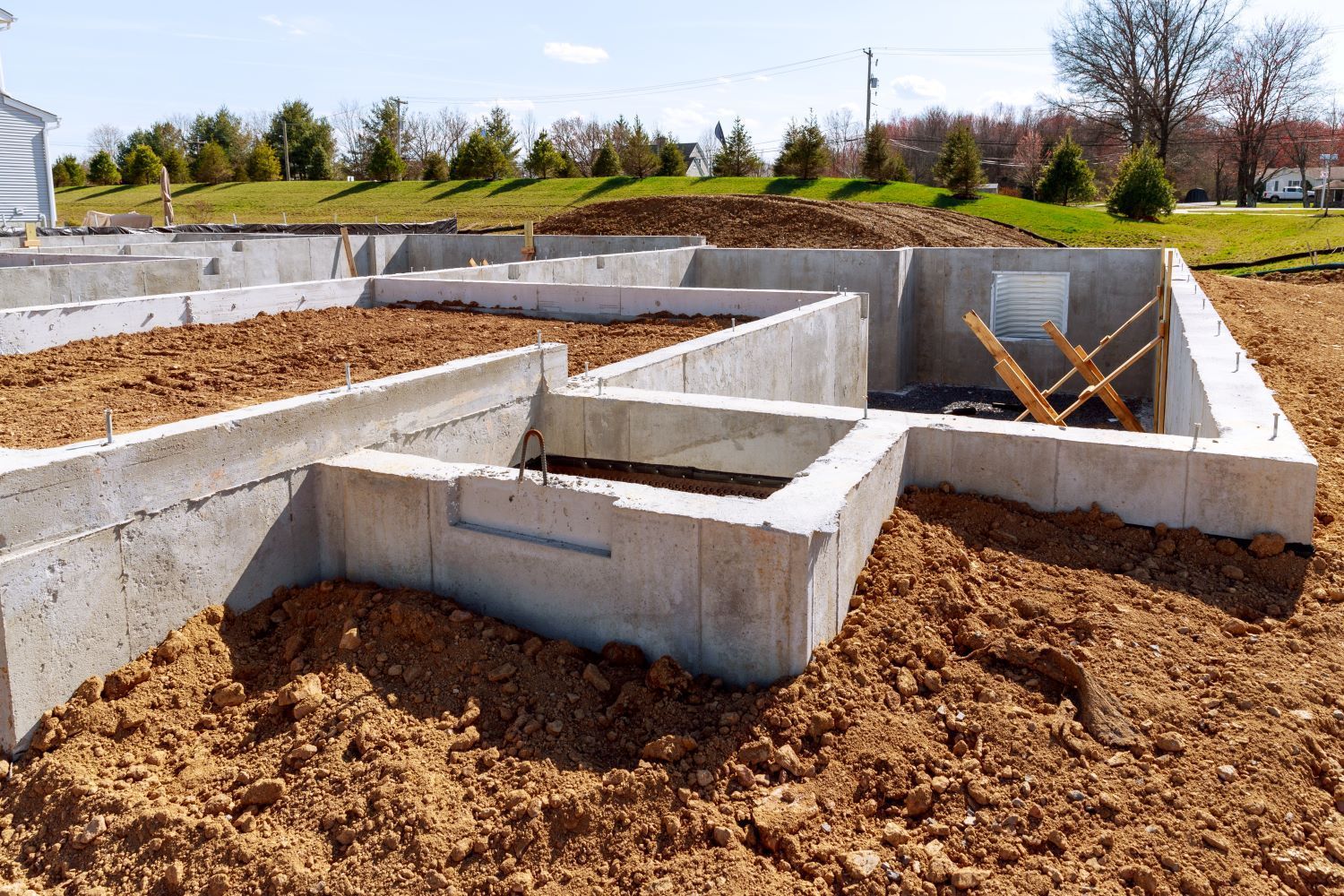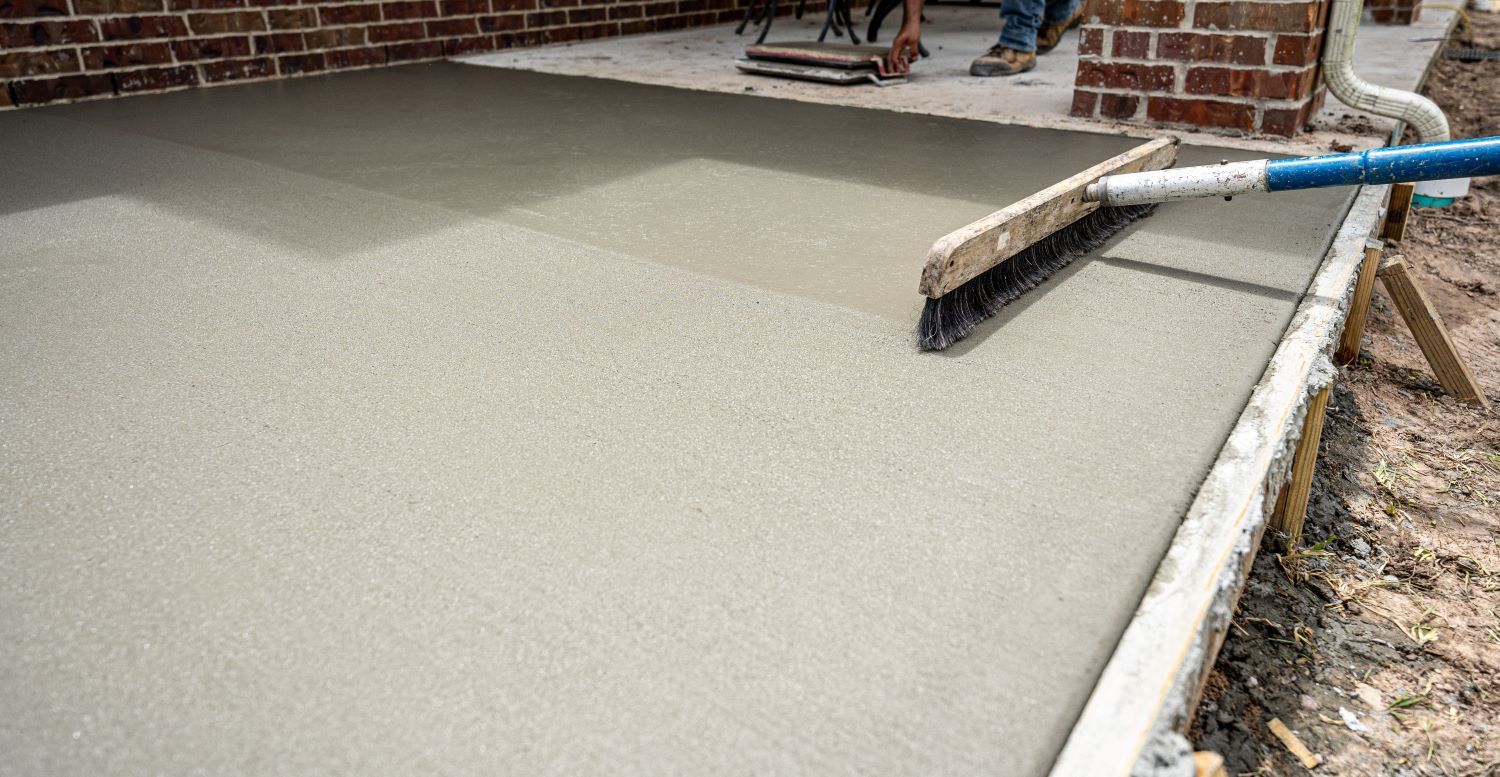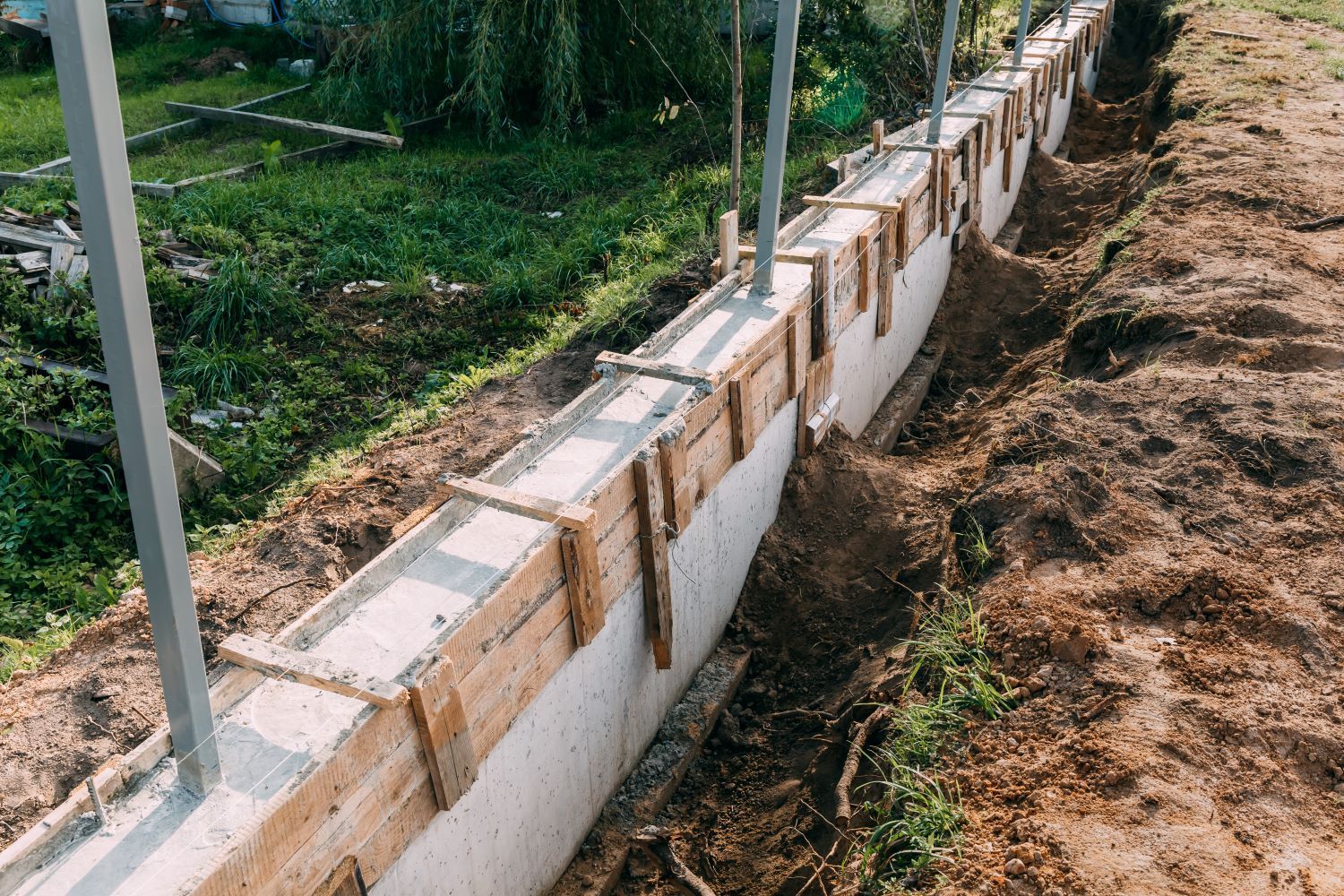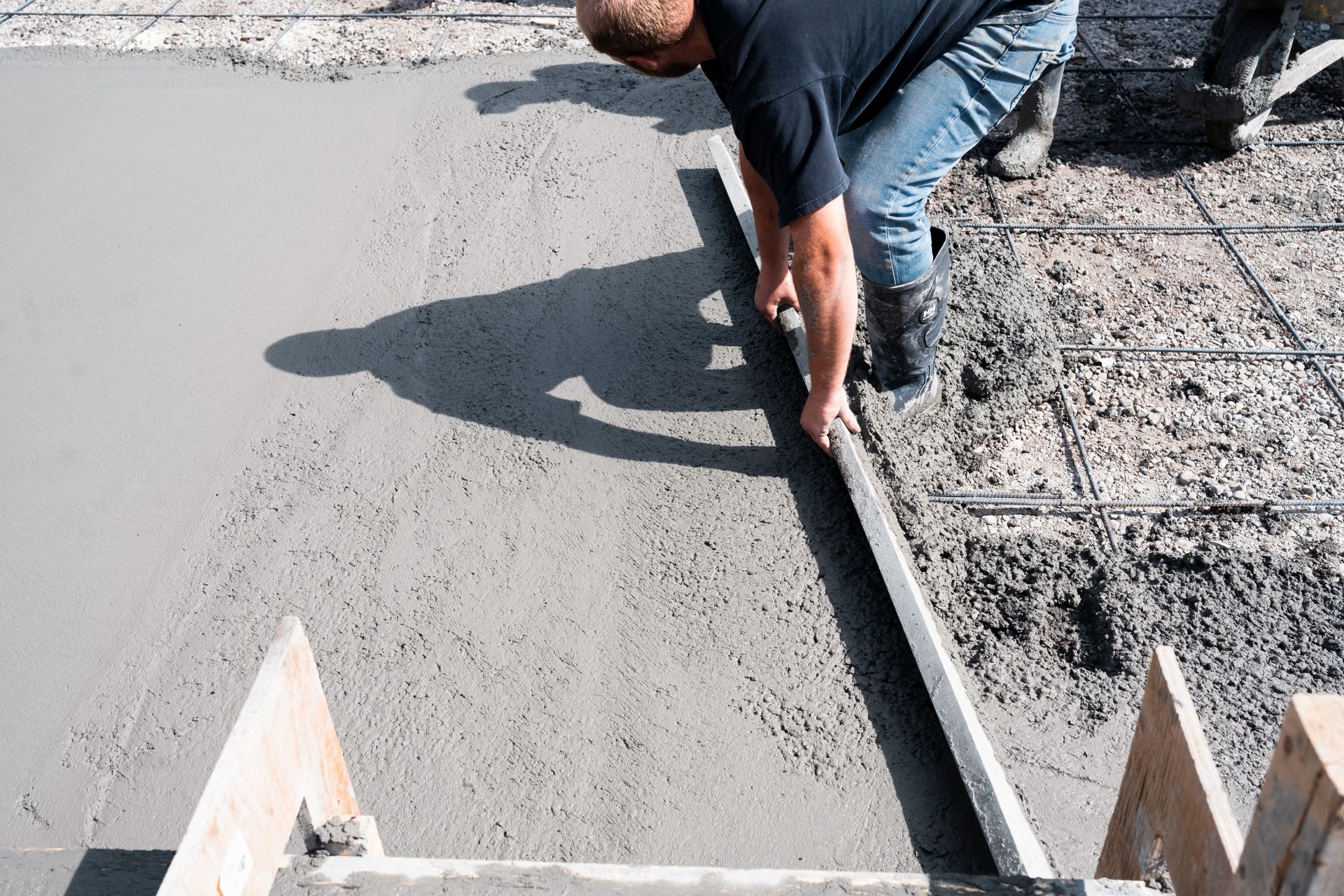The Benefits of Choosing a Slab Foundation for Your New Build

When planning a new build, one of the most critical decisions you'll face is the type of foundation to use. Among the various options available, the slab foundation stands out as a popular choice, especially for residential properties. Known for its simplicity and cost-effectiveness, a slab foundation offers numerous advantages that can make it the ideal choice for your new home in London, Ontario. In this article, we’ll explore the key benefits of choosing a slab foundation for your new build.
1. Cost-Effective Construction
One of the primary reasons many homeowners and builders opt for a slab foundation is its cost-effectiveness. Unlike other types of foundations, such as crawl spaces or full basements, slab foundations require less labor and fewer materials. The process involves pouring concrete directly onto the ground, eliminating the need for extensive excavation or additional structural components.
Key Cost Benefits:
- Reduced labor costs due to simpler construction.
- Lower material costs as it requires only concrete and minimal reinforcement.
- Faster construction time, leading to savings on overall project costs.
2. Durability and Low Maintenance
Slab foundations are known for their durability and low maintenance requirements. The solid concrete slab provides a sturdy base for your home, reducing the risk of foundation-related issues such as settling or shifting. Additionally, slab foundations are less prone to problems like mold, rot, and pest infestations, which can be common in other foundation types.
Durability Advantages:
- Resistant to moisture damage, reducing the risk of mold and mildew.
- Solid structure minimizes the chances of foundation cracks and settling.
- Less vulnerability to pests like termites, which can affect wood foundations.
3. Energy Efficiency
A slab foundation can contribute to the overall energy efficiency of your home. Because the foundation is in direct contact with the ground, it can help regulate indoor temperatures by absorbing and releasing heat. This natural thermal mass effect can reduce your reliance on heating and cooling systems, leading to lower energy bills.
Energy Efficiency Benefits:
- Improved temperature regulation due to the concrete’s thermal mass.
- Reduced energy consumption for heating and cooling.
- Potential for incorporating radiant floor heating within the slab for added comfort.
4. Protection Against Radon Gas
Radon is a naturally occurring radioactive gas that can seep into homes through the ground, posing serious health risks. A well-constructed slab foundation can act as a barrier against radon infiltration. By sealing the concrete slab properly, you can significantly reduce the risk of radon entering your home, ensuring a safer living environment.
Radon Protection Highlights:
- Slab foundations offer a continuous barrier against radon gas.
- Proper sealing techniques can enhance radon resistance.
- Peace of mind knowing your home is protected from harmful gases.
5. Faster Construction Timeline
Building on a slab foundation can significantly speed up the construction process. Since the foundation is poured directly onto the ground, there’s no need to wait for extensive excavation or the installation of footings and walls, as with other foundation types. This accelerated timeline allows you to move into your new home sooner.
Construction Timeline Benefits:
- Faster completion of the foundation stage.
- Quicker overall build time, allowing you to move in sooner.
- Ideal for projects with tight schedules or weather-related constraints.
6. Suitable for a Variety of Soil Types
Slab foundations are versatile and can be adapted to suit a variety of soil conditions, which is particularly beneficial in areas with challenging terrain or soil composition. The slab’s design distributes the weight of the structure evenly across the ground, making it a stable choice for many different environments.
Soil Compatibility:
- Works well in areas with clay or expansive soils.
- Suitable for regions with a high water table or poor drainage.
- Can be engineered to address specific soil challenges in your area.
7. Enhanced Accessibility
For homeowners planning a single-story residence, a slab foundation offers enhanced accessibility. The absence of steps or elevation changes makes it easier to create a seamless transition between indoor and outdoor spaces, which can be especially beneficial for those with mobility concerns or for aging in place.
Accessibility Features:
- No need for stairs, making it ideal for single-level living.
- Easy access for individuals with mobility challenges.
- Seamless indoor-outdoor transitions for patios or gardens.
Conclusion
Choosing the right foundation for your new build is crucial for ensuring the longevity, safety, and comfort of your home. A slab foundation offers a range of benefits, from cost savings and durability to energy efficiency and faster construction times. If you’re planning a new build in London, Ontario, a slab foundation may be the perfect solution to meet your needs.
For expert advice and professional concrete foundation services, contact Concrete Contractors London. Our team has the experience and expertise to help you make the best decision for your new home, ensuring a strong foundation that will stand the test of time.











